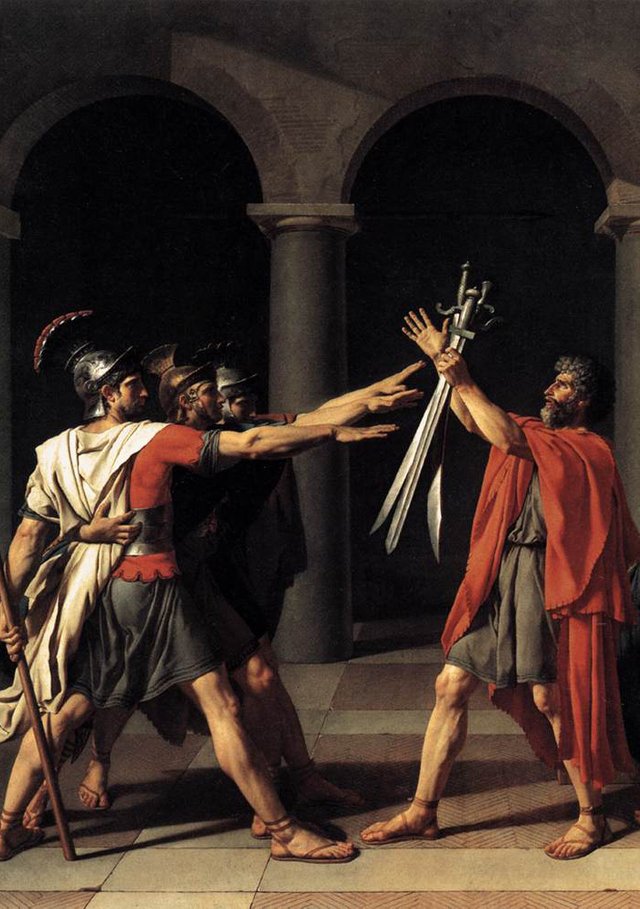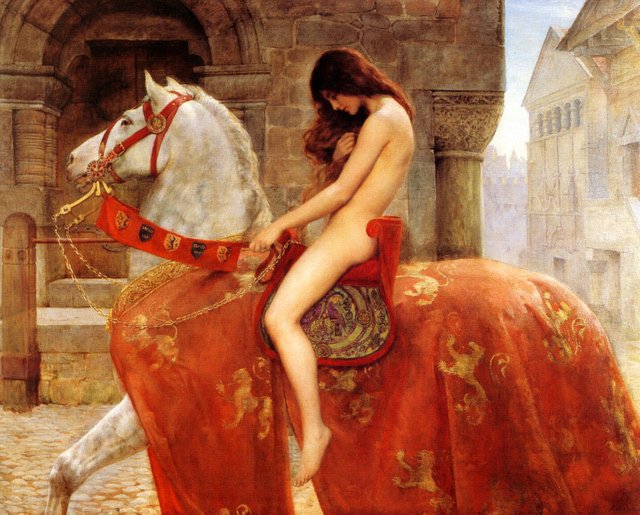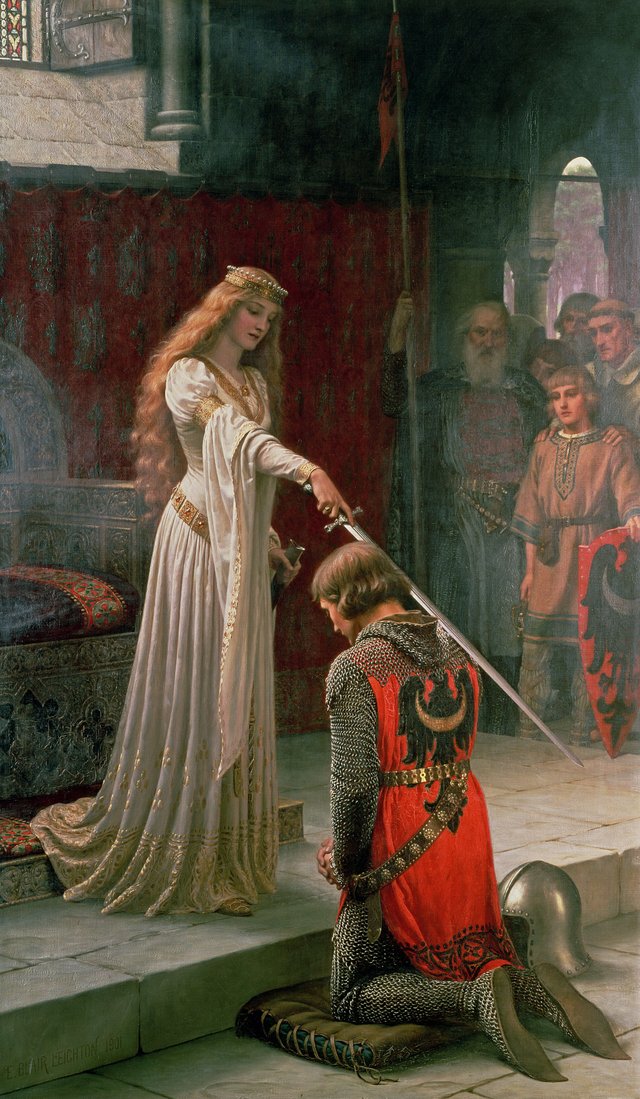Mars & Hephaestus: The Return of History

The twenty-first century will be a century of iron and storms. It will not resemble those harmonious futures predicted up to the 1970s. It will not be the global village prophesied by Marshall MacLuhan in 1966, or Bill Gates’ planetary network, or Francis Fukuyama’s end of history: a liberal global civilization directed by a universal state. It will be a century of competing peoples and ethnic identities. And paradoxically, the victorious peoples will be those that remain faithful to, or return to, ancestral values and realities—which are biological, cultural, ethical, social, and spiritual—and that at the same time will master technoscience. The twenty-first century will be the one in which European civilization, Promethean and tragic but eminently fragile, will undergo a metamorphosis or enter its irremediable twilight. It will be a decisive century.
In the West, the nineteenth and twentieth centuries were a time of belief in emancipation from the laws of life, belief that it was possible to continue on indefinitely after having gone to the moon. The twenty-first century will probably set the record straight and we will “return to reality,” probably through suffering.
The nineteenth and twentieth centuries saw the apogee of the bourgeois spirit, that mental small pox, that monstrous and deformed simulacrum of the idea of an elite. The twenty-first century, a time of storms, will see the joint renewal of the concepts of a people and an aristocracy. The bourgeois dream will crumble from the putrefaction of its fundamental principles and petty promises: happiness does not come from materialism and consumerism, triumphant transnational capitalism, and individualism. Nor from safety, peace, or social justice.
Let us cultivate the pessimistic optimism of Nietzsche. As Drieu La Rochelle wrote: “There is no more order to conserve; it is necessary to create a new one.” Will the beginning of the twenty-first century be difficult? Are all the indicators in the red? So much the better. They predicted the end of history after the collapse of the USSR? We wish to speed its return: thunderous, bellicose, and archaic. Islam resumes its wars of conquest. American imperialism is unleashed. China and India wish to become superpowers. And so forth. The twenty-first century will be placed under the double sign of Mars, the god of war, and of Hephaestus, the god who forges swords, the master of technology and the chthonic fires.
Towards the Fourth Age of European Civilization
European civilization—one should not hesitate to call it higher civilization, despite the mealy-mouthed ethnomasochist xenophiles—will survive the twenty-first century only through an agonizing reappraisal of some of its principles. It will be able if it remains anchored in its eternal metamorphic personality: to change while remaining itself, to cultivate rootedness and transcendence, fidelity to its identity and grand historical ambitions.
The First Age of European civilization includes antiquity and the medieval period: a time of gestation and growth. The Second Age goes from the Age of Discovery to the First World War: it is the Assumption. European civilization conquers the world. But like Rome or Alexander’s Empire, it was devoured by its own prodigal children, the West and America, and by the very peoples it (superficially) colonized. The Third Age of European Civilization commences, in a tragic acceleration of the historical process, with the Treaty of Versailles and end of the civil war of 1914-18: the catastrophic twentieth century. Four generations were enough to undo the labor of more than forty. History resembles the trigonometrical asymptotes of the “theory of catastrophe”: it is at the peak of its splendor that the rose withers; it is after a time of sunshine and calm that the cyclone bursts. The Tarpeian Rock is close to the Capitol!
Europe fell victim to its own tragic Prometheanism, its own opening to the world. Victim of the excess of any imperial expansion: universalism, oblivious of all ethnic solidarity, thus also the victim of petty nationalism.
The Fourth Age of European civilization begins today. It will be the Age of rebirth or perdition. The twenty-first century will be for this civilization, the heir of the fraternal Indo-European peoples, the fateful century, the century of life or death. But destiny is not simply fate. Contrary to the religions of the desert, the European people know at the bottom of their hearts that destiny and divinities are not all-powerful in relation to the human will. Like Achilles, like Ulysses, the original European man does not prostrate himself or kneel before the gods, but stands upright. There is no inevitability in history.

From Dusk to Dawn
This century will be that of the metamorphic rebirth of Europe, like the Phoenix, or of its disappearance as a historical civilization and its transformation into a cosmopolitan and sterile Luna Park, while the other peoples will preserve their identities and develop their power. Europe is threatened by two related viruses: that of forgetting oneself, of interior desiccation and of excessive “opening to the other.” In the twenty-first century, Europe, to survive, will have to both regroup, i.e., return to its memory, and pursue its Faustian and Promethean aspirations. Such is the requirement of the coincidentia oppositorum, the convergence of opposites, or the double need for memory and will for power, contemplation and innovative creation, rootedness and transcendence. Heidegger and Nietzsche . . .
The beginning of twenty-first century will be the despairing midnight of the world of which Hölderlin spoke. But it is always darkest before the dawn. One knows that the sun will return, sol invictus. After the twilight of the gods: the dawn of the gods. Our enemies always believed in the Great Evening, and their flags bear the stars of the night. Our flags, on the contrary, are emblazoned with the star of the Great Morning, with branching rays; with the wheel, the flower of the sun at Midday.
Great civilizations can pass from the darkness of decline to rebirth: Islam and China prove it. The United States is not a civilization, but a society, the global materialization of bourgeois society, a comet, with a power as insolent as it is transitory. It does not have roots. It is not our true competitor on the stage of history, merely a parasite.
The time of conquest is over. Now is the time of reconquest, inner and outer: the reappropriation of our memory and our space: and what a space! Fourteen time zones on which the sun never sets. From Brest to the Bering Straits, it is truly the Empire of the Sun, the very space of the birth and expansion of the Indo-European people. To the south-east are our Indian cousins. To the east is the great Chinese civilization, which could decide to be our enemy or our ally. To the west, on the other side of the ocean: America whose desire will always be to prevent continental union. But will it always be able to stop it?
And then, to the south: the main threat, resurging from the depths of the ages, the one with which we cannot compromise.
Today we need more than morality. We need hypermorality, i.e., the Nietzschean ethics of difficult times. When one defends one’s people, i.e., one’s own children, one defends the essential. Then one follows the rule of Agamemnon and Leonidas but also of Charles Martel: what prevails is the law of the sword, whose bronze or steel reflects the glare of the sun. The tree, the rocket, the sword: three vertical symbols thrust from the ground towards the light, from the Earth to the Sun, animated by sap, fire, and blood.

(Excerpted from “Mars & Hephaestus:
The Return of History” by Guillaume Faye.) translated by greg johnson
https://guillaumefayearchive.wordpress.com/2007/07/12/mars-et-hephaistos-le-retour-de-lhistorie/
This is some of the most incredible writing I have seen, I had to share it with you guys.